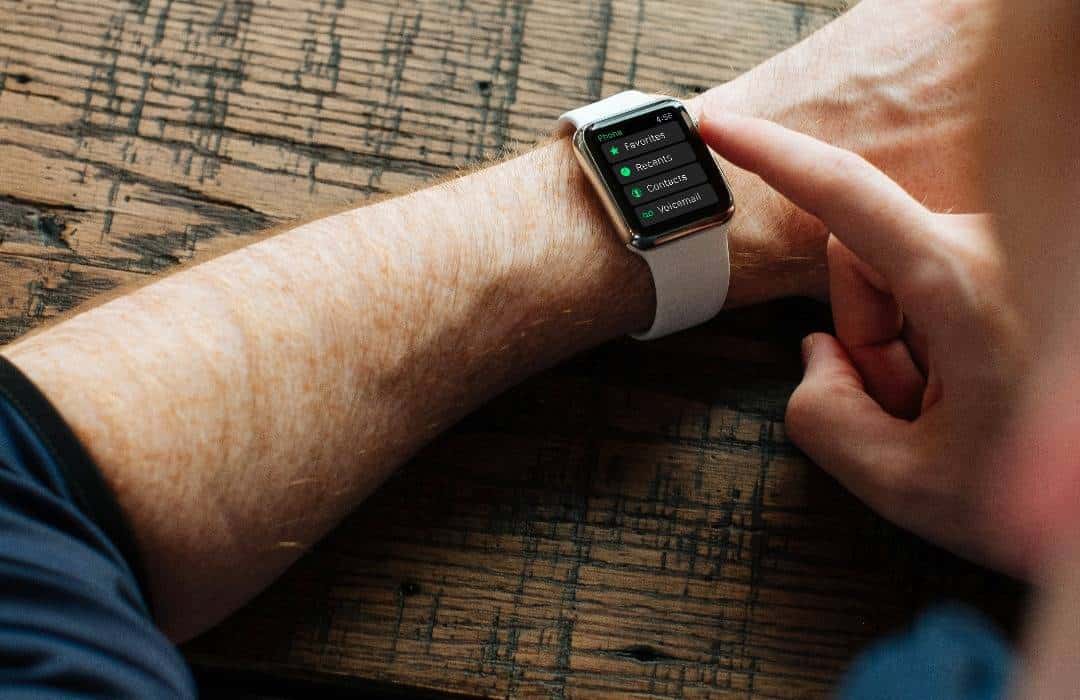Key Questions to Ask in Your App’s Testing Phase
Research shows that 24% of new users abandon an app after just one attempt at using it. An even greater number of users abandon it after just a few uses. With such a high turnover rate, app developers need to be certain that their testing phase is thorough, taking all aspects of usability, functionality, and design into consideration. In a world saturated with thousands of mediocre apps, testing and asking the following key questions will raise your app’s chances of success. However, it’s all about the right questions that you ask.
Is the app intuitive and user-friendly?
The fastest way to frustrate new technology users is to design something that is not especially user-friendly. Creating a clean, intuitive interface with simple navigation will help ensure you don’t join the dreaded category of quickly abandoned apps. A truly intuitive app isn’t just intuitive for the tech-savvy among us; it’s intuitive for the technology-challenged too. A big part of testing user-friendliness is thinking of ways users might misunderstand or stray away from what you want them to do. Knowing this, your app should offer ways to reel users back in and guide them sufficiently, ensuring that the steps and process are outlined clearly throughout your app. Taking a psychological approach to user retention is one of our key tactics when designing our apps. If you’d like to find out more about this, read our guides.
Does the app freeze or run slow?
A variety of components factor in to the reasons why your app’s speed is either fast or slow. This includes your app’s ability to fetch data, the health of your back end, or the user’s phone memory and bandwidth. Operational testing checks for major issues that would cause your app to crash or run slow. In addition, checking on actual devices rather than emulators is crucial as this way, you can see how your app operates on a working device. Your app should be tested on as many different devices, screen sizes, resolutions, and iOS (or android) versions as possible – and it should function smoothly on all of them. Bug reports should be thorough – It isn’t enough to know that the app crashes on a particular screen. Without knowing how and why the app crashed, not much can be done to fix it. So it would be time to put your detective jacket on and embark on some serious investigation.
Are users compelled to return?
What creates that elusive draw to return to an app? What makes your app subtly better and more engaging than other competing apps? There may be some extra features or perks that puts the icing on the cake, making an app enjoyable and satisfying to use. Or maybe it’s your superior design and UX. Are you offering creative and unique ways for users to accomplish tasks, make progress on a goal, or track data visually? Aside from the standard UX concerns, how can you deliver a polished experience that leaves users feeling pleasantly surprised? This is how you prevent users from having a wandering eye for other apps. No one wants their app to be second best, so make sure yours offers something that competing apps doesn’t!
Are the details accurate?
Fact-checking is critical. This is especially true if your app employs GPS, Bluetooth, or another element that requires precise accuracy. In addition to this, considering things like time zones, language, and locality will create a personalised experience for your demographic. Some details need to be communicated directly with the user. For example, if a specific feature requires the user to enable a setting on their phone, a notification should inform the user of this action. Even if something seems obvious, never assume that the users knows the ins and outs of your app.
App testing is more than just determining whether your app crashes or has any bugs. Taking the typical user’s preferences and needs into consideration will ensure a smoother release and greater longevity for your app. In addition to technical issues, work to alleviate the most common annoyances for users – Make sure the app doesn’t email too much, send unhelpful push notifications, or beg for ratings incessantly. Your future users will thank you for not annoying them.
Overall, app users want simplicity. They want to complete tasks in a streamlined manner and enjoy seamless design. The testing phase is the time to make sure your app will make life easier for yourself and your users. If you have an app idea that you believe could make people’s lives better, Talk To Us today!
Share this
Subscribe To Our Blog
You May Also Like
These Related Stories

6 Questions to Ask When Hiring an Application Development Agency

Is Apple Watch Development Worth an App Developer’s Time?





